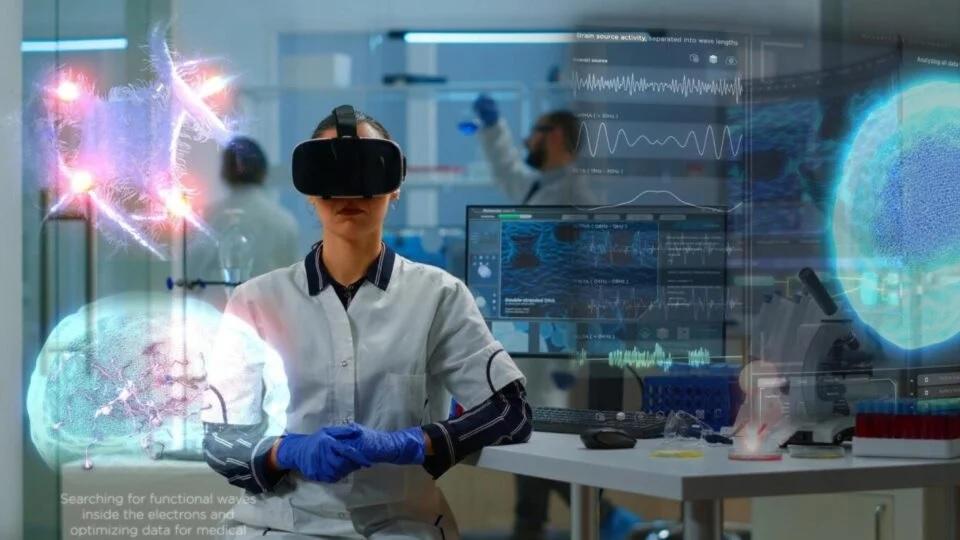How AI is Revolutionizing Wearable Tech in Healthcare

The amalgamation of artificial intelligence (AI) and wearable technology has transformed how healthcare providers monitor and manage patients’s health through emergency responses, early-stage diagnostics, and medical research.
Therefore, AI-powered wearables are a boon to the digital era as they lower the cost of care delivery, eliminate healthcare providers’ friction, and optimize insurance segmentations. According to research by MIT and Google, these portable medical devices are equipped with large language models (LLMs), machine learning (ML), deep learning (DL), and neural networks that provide personalized digital healthcare solutions catering to each patient’s needs, based on user demographics, health knowledge, and physiological data.
In today’s article, let’s explore the influence of these powerful technologies that have reshaped personalized healthcare solutions.
Integration of AI in Wearable Health Technology
AI has been a transforming force for developing digital health solutions for patients, especially when implemented in wearables. However, 21st-century wearables are not just limited to AI but employ advanced technologies such as deep learning, machine learning, and neural networking to get precise user data and make quick decisions on behalf of medical professionals.
This section will focus on how ML and DL are essential technologies in developing next-generation wearables.
Machine Learning Algorithms to Analyze Data
Machine learning (ML) algorithms are one of the most valuable technologies that analyze the extensive data gathered from AI wearable devices and empower healthcare professionals to identify patterns, predict necessary outcomes, and make suitable decisions on patient care.
For instance, certain wearables use ML algorithms, especially for chronic diseases such as mental health issues, cardiovascular issues, and diabetes, by measuring heart rate, oxygen rate, and blood glucose meters. By detecting these data patterns, physicians can provide early intervention, take a closer look at patients’s vitals, and make decisions.
Recognizing Human Activity with Deep Learning Algorithms
Deep learning (DL) algorithms are implemented in wearables as multi-layered artificial neural networks (ANN) to identify intricate patterns and find relationships within massive datasets. To develop a high-performance computing platform for wearables, numerous DL frameworks are created to recognize human activities such as ECG data, muscle and bone movement, symptoms of epilepsy, and early signs of sleep apnea. The DL framework in the wearables learns the symptoms and signs automatically to provide quick solutions.
However, the only limitation of the DL algorithms in wearable technology is the need for constant training and standardized data collection and analysis to ensure high-quality data.
To Know More, Read Full Article @ https://ai-techpark.com/ai-powered-wearables-in-healthcare/
Read Related Articles:
- Questions and Answers
- Opinion
- Motivational and Inspiring Story
- Technology
- Live and Let live
- Focus
- Geopolitics
- Military-Arms/Equipment
- Sécurité
- Economy
- Beasts of Nations
- Machine Tools-The “Mother Industry”
- Art
- Causes
- Crafts
- Dance
- Drinks
- Film/Movie
- Fitness
- Food
- Jeux
- Gardening
- Health
- Domicile
- Literature
- Music
- Networking
- Autre
- Party
- Religion
- Shopping
- Sports
- Theater
- Health and Wellness
- News
- Culture

